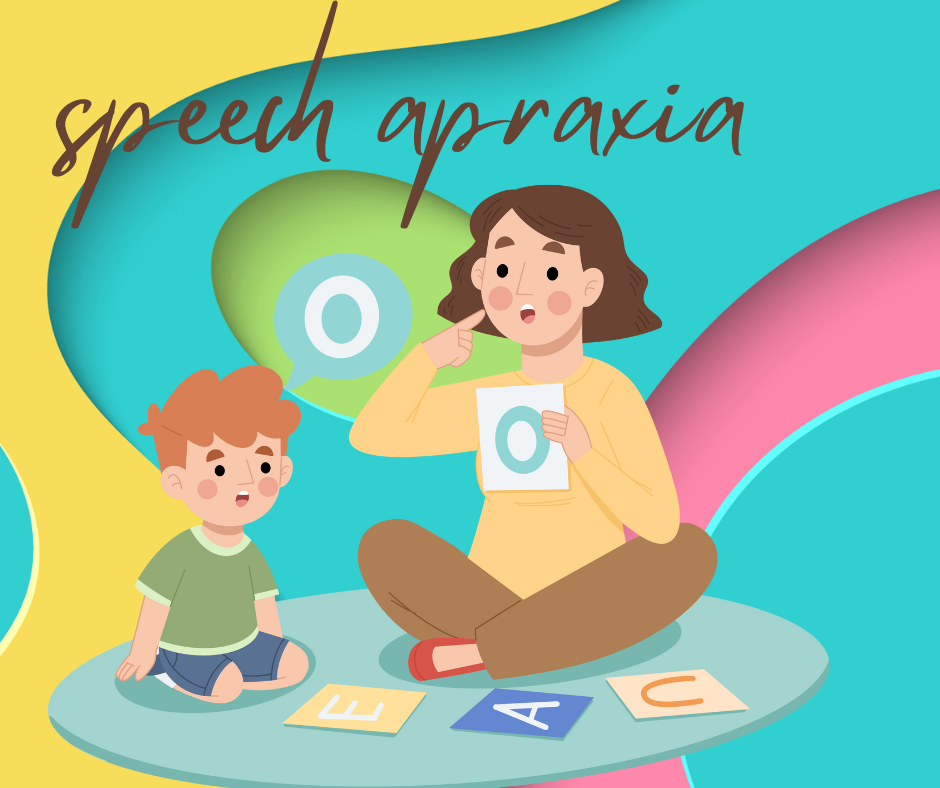What is speech apraxia?
A rare kind of speech impairment called apraxia makes it difficult to move the mouth in the necessary directions to form sounds and words. Therapy from a speech pathologist can frequently help someone’s speech get better.
When the brain is unable to control the mouth, lips, jaw, or tongue correctly, it results in apraxia. People with apraxia have difficulty pronouncing sounds, syllables, and words, even when they are aware of what they want to say.
The disorder is typically identified during a child’s early speech development, however it can persist into adulthood. It can be brought on by dementia or a brain injury in adults.
How is speech apraxia diagnosed?
The first thing to do if you’re worried about this problem is to visit a doctor or maternity and child health nurse. They may be able to recommend a speech pathologist. In order to check for indications that the patient may have apraxia of speech, the speech pathologist will administer a number of talking tests.
There are numerous additional reasons for speech and language issues, and the illness is frequently not identified until a kid is between the ages of three and four.
How is speech apraxia treated?
Working with a speech therapist to learn how to produce the correct sounds is part of the treatment. It is best to begin therapy as soon as possible. Treatment is most effective when administered by a therapist with experience treating apraxia of speech multiple times per week. Over time, the individual might require therapy less frequently.
Programs for therapy can vary based on the age of the individual with speech apraxia. The goal of the treatment is to improve their ability to produce specific sounds, words, or sentences more clearly. To remind kids to close their lips, they could be trained, for instance, to place a finger on their lips as they pronounce the letter “p.”
Speaking is a skill that requires a lot of practice for those with apraxia. For a child, it can be extremely frustrating and draining. Consulting a psychologist or counselor may be beneficial. Occupational therapists and physiotherapists may also see individuals with apraxia.
In extreme situations, a person with apraxia of speech may need to pick up alternative forms of communication, like computer use, sign language, or pointing at a book.
https://quillbot.com

